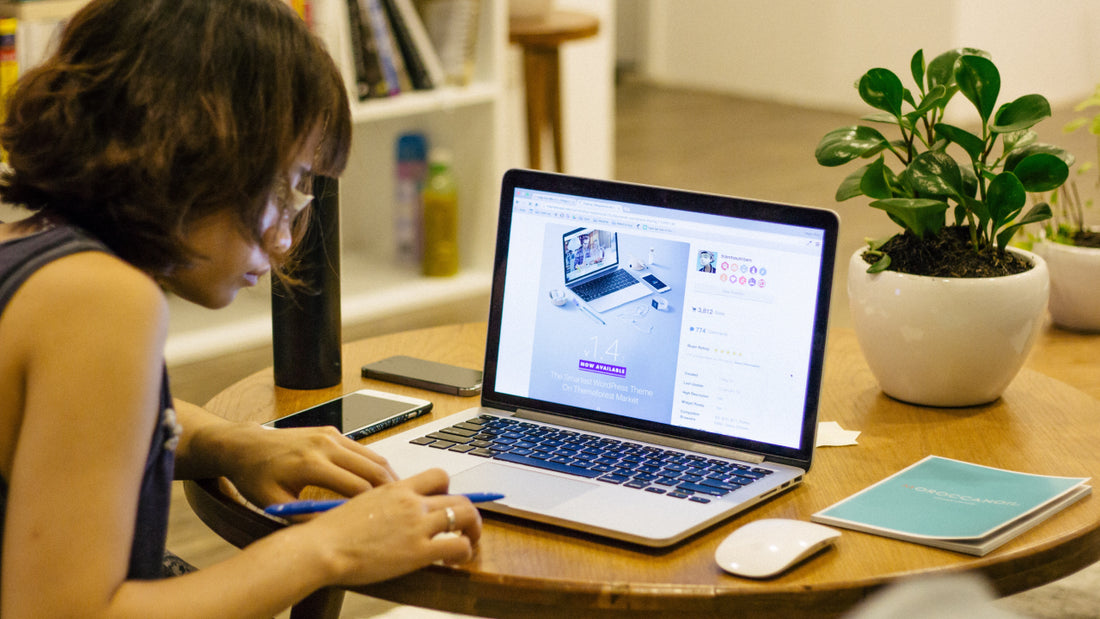When breaking into a new industry, it’s important to lay out a plan of action, which includes taking inventory of the skills you have to compare against those you require for success. Transitioning into a career as a UX Designer requires the same. Industry-specific tools that you will be required to learn as a UX Designer are design tools like Figma or Adobe XD. Depending on the path you take to learn UX design. You may learn either or both. Each tool serves a common purpose but is unique in its way.
An even more attractive part of the equation is that while numerous skills are industry-specific, there are just as many that are transferable from many different industries, including Creative writing, healthcare, and even education.
Let's explore what skills you'll need to cultivate to be set up for success!
Why Is User Research Crucial For UX Design?
User research involves exploring how users (or customers) experience a given platform to understand their thoughts and behaviors. It plays a major part in UX because it explains the foundation of the solution that the user is seeking. Consider user research as the key to helping solve the problem that UX design is intended to solve. Neglecting to consider this could result in having a captivating design, but confused users with the same problem.
Companies want to make data-driven decisions, which means combining user research with data analytics is key. While user research provides insights into user behavior and emotions, data analytics offers hard numbers to back those insights. This combination allows UX designers to create evidence-based design solutions that align with both user needs and business goals. Interested in a career in Data Analytics? Check out Career Karma's resources for finding the best bootcamps!
How Important Is Visual Design In UX?
User research is the prerequisite for user design. Let’s look at it this way: the research yields the solution, and the design captures it to deliver it to the user. This makes it quite impactful in UX. Combining research and design models will help yield a prototype. The prototype, not to be confused with a mockup, is how UX designers can test drive the model to understand how it may solve a user’s problem. Prototyping is a non-negotiable skill, as it helps run the problem-solving model to identify weaknesses and ways for improvement. Tools that will be instrumental in building prototypes are Figma, Adobe XD, and similar resources.
What Coding Skills Are Beneficial For UX Designers?
Considering that UX design is such an integral part of tech, it's understandable how many individuals may assume that a level of coding is required. While understanding some coding or being an expert coder can very well be useful to a UX designer, it's not at all necessary to be a UX designer.
Many UX boot camps, specifically, Avocademy, trains UX designers who are successfully employed in the industry without having learned to code as a part of their training program.
Why Is Empathy A Vital Skill For UX Designers?
How many blog posts have you read about transferable skills for UX design? I'm willing to bet at least two or three and each of them have included ‘empathy’ as a transferable or soft skill that will be instrumental in your transition from your current work into UX. But, why is empathy so useful in UX/UI design? In short, empathy is the ability to understand and share an experience with others on a level that allows you to connect. Empathy is vital in terms of user research, and even more important when converting your research into a problem-solving design model.
Are You Ready To Get Started With Building A New Skill?
Transitioning into a new UX/UI career can be exciting, especially when learning new skills and seeing how they are contributing to you making a difference for individuals. Can you see yourself making a difference in how the world interacts and experiences different products and websites? Connect with one of our mentors and learn how Avocademy can prepare you for a fulfilling career in UX/UI design.
Author
Kay is an SEO content writer and copywriter who enjoys reading, drinking coffee, and hiking. She loves her avocados with blue corn tortilla chips.



